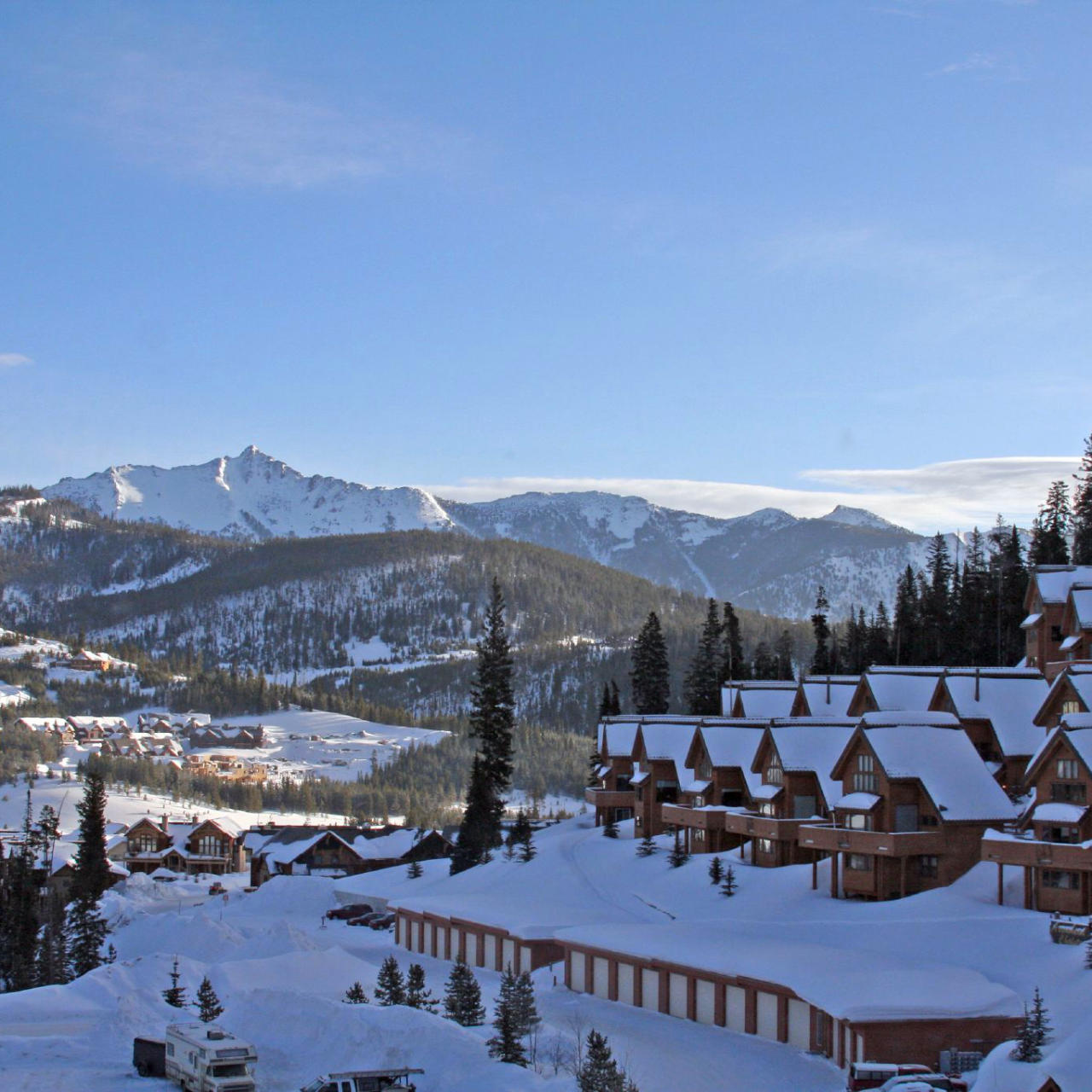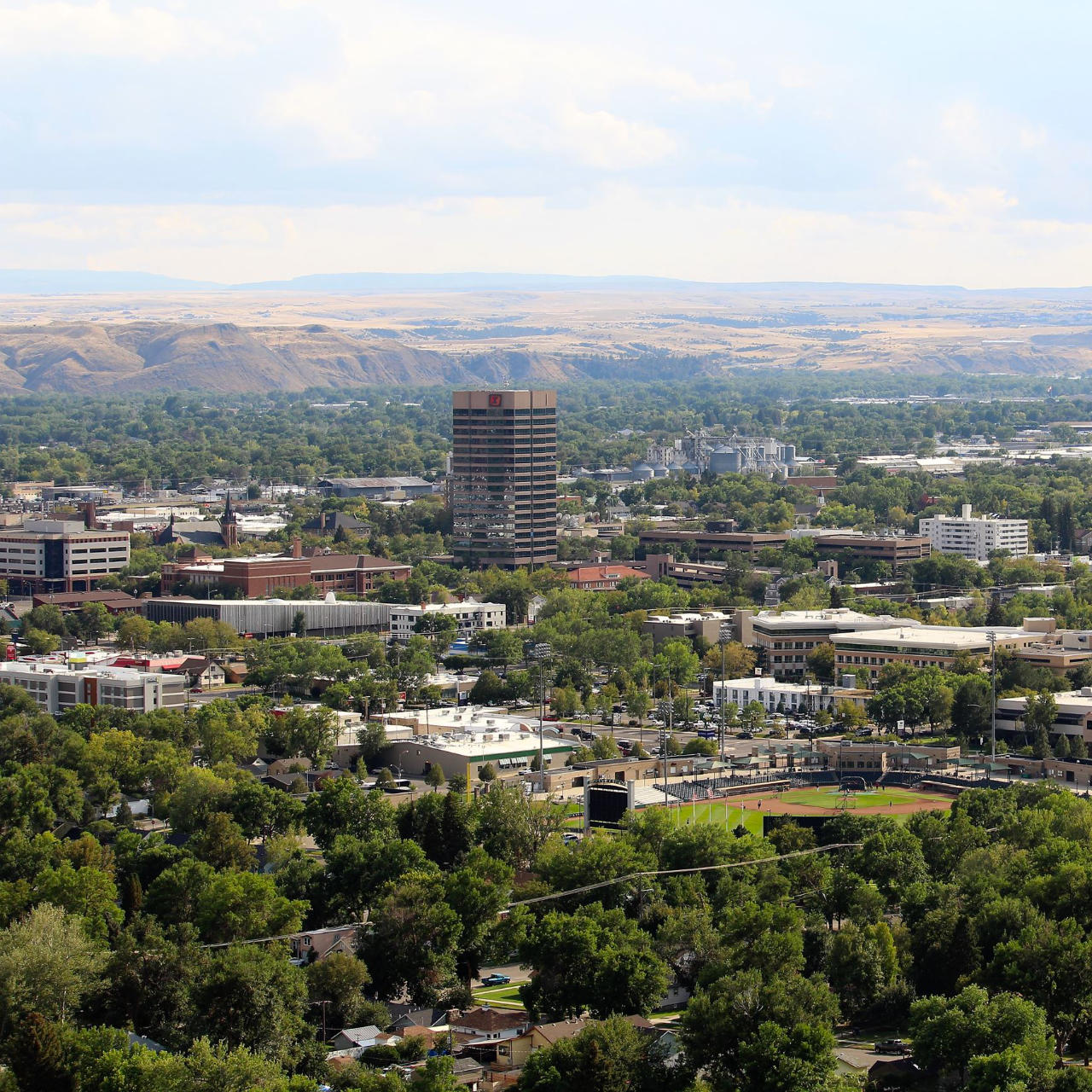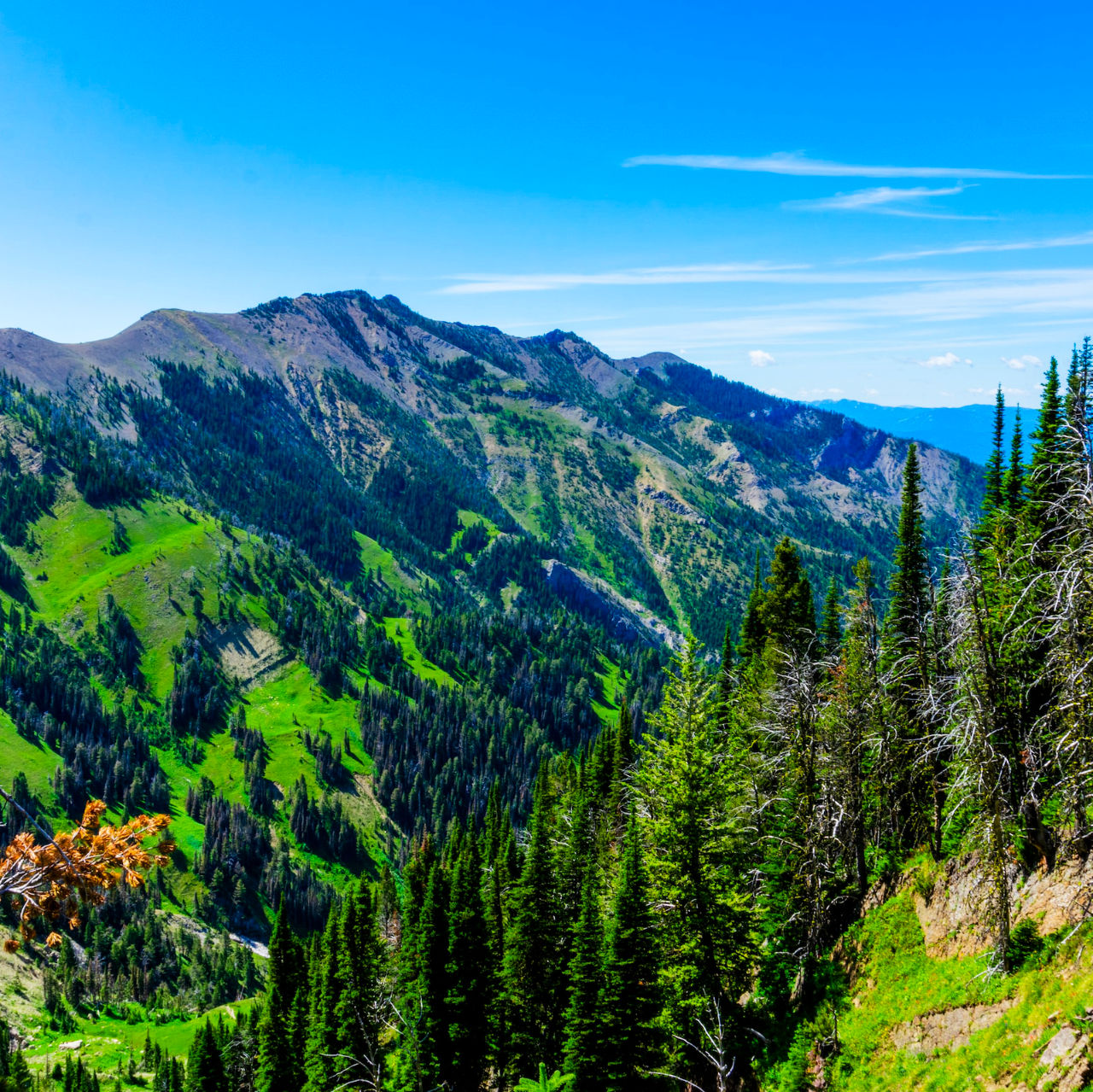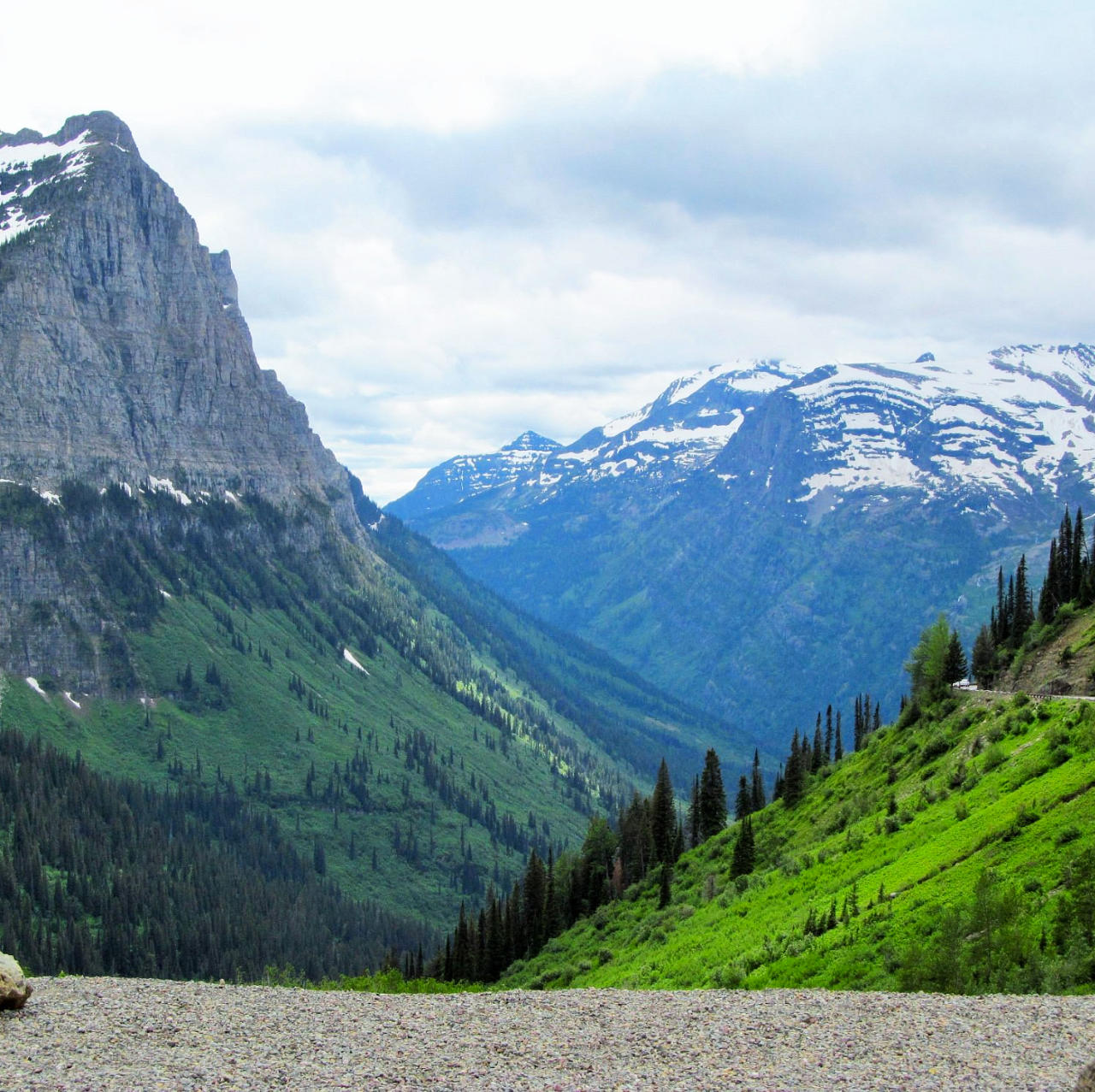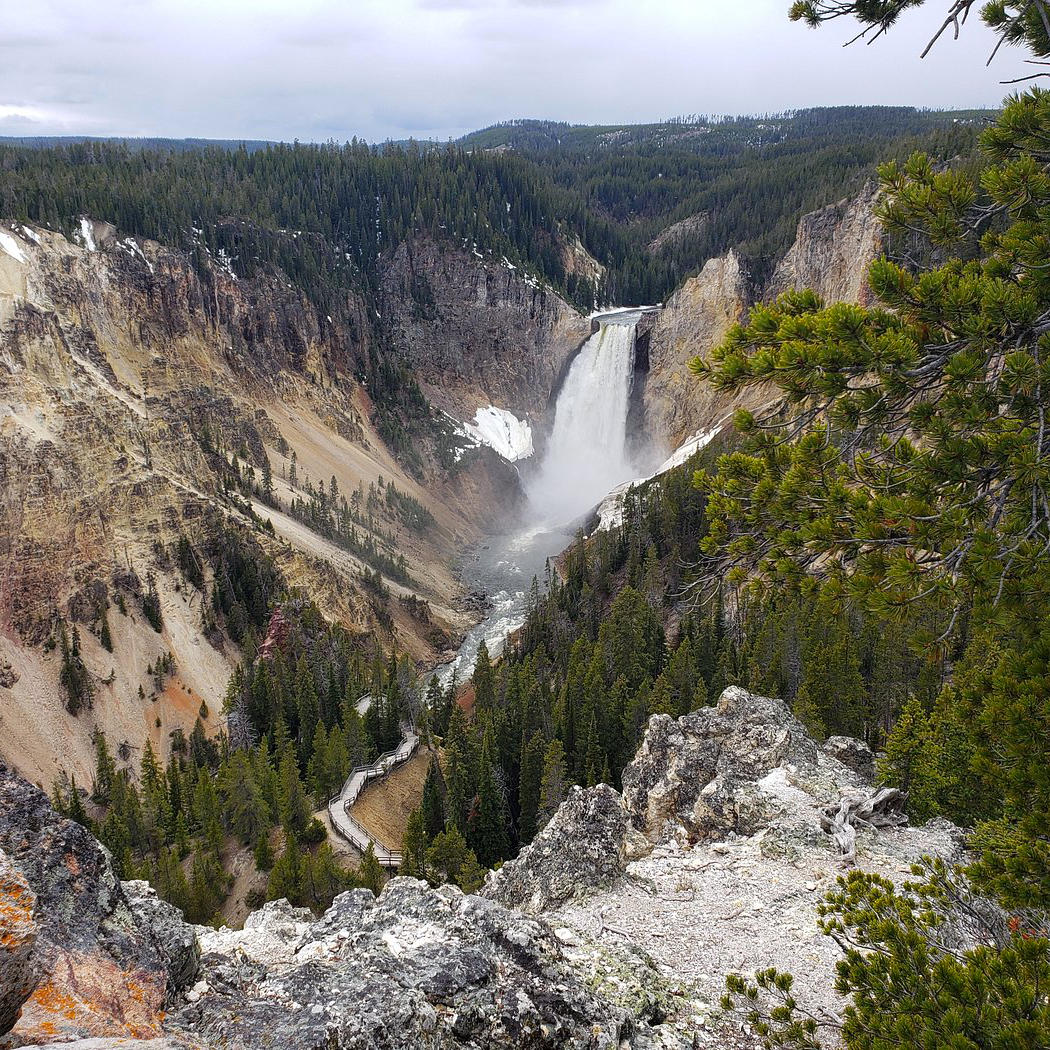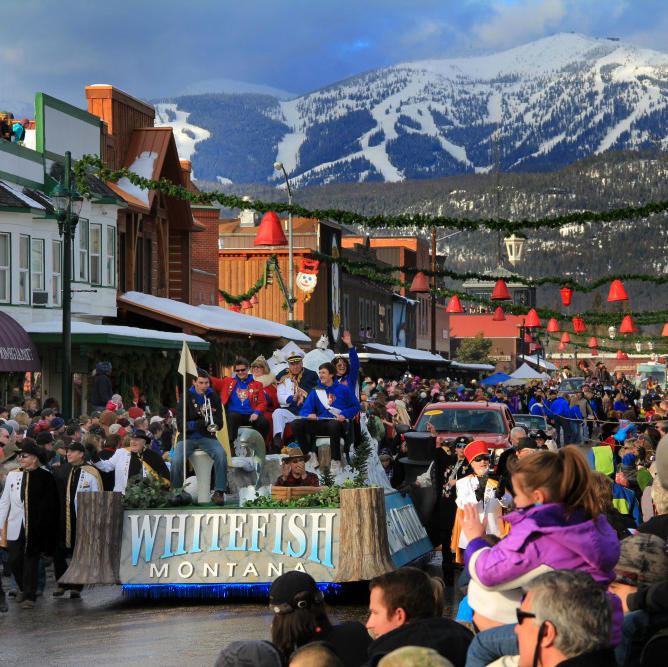State of Montana Short-Term Rental Regulations
Short-term rental regulations vary depending on the location and may include zoning laws, occupancy and safety standards, taxation, licensing, and insurance requirements review our guides for more information specific to your city.
Reviewed by Derick Hargrave
Last updated September 23, 2023
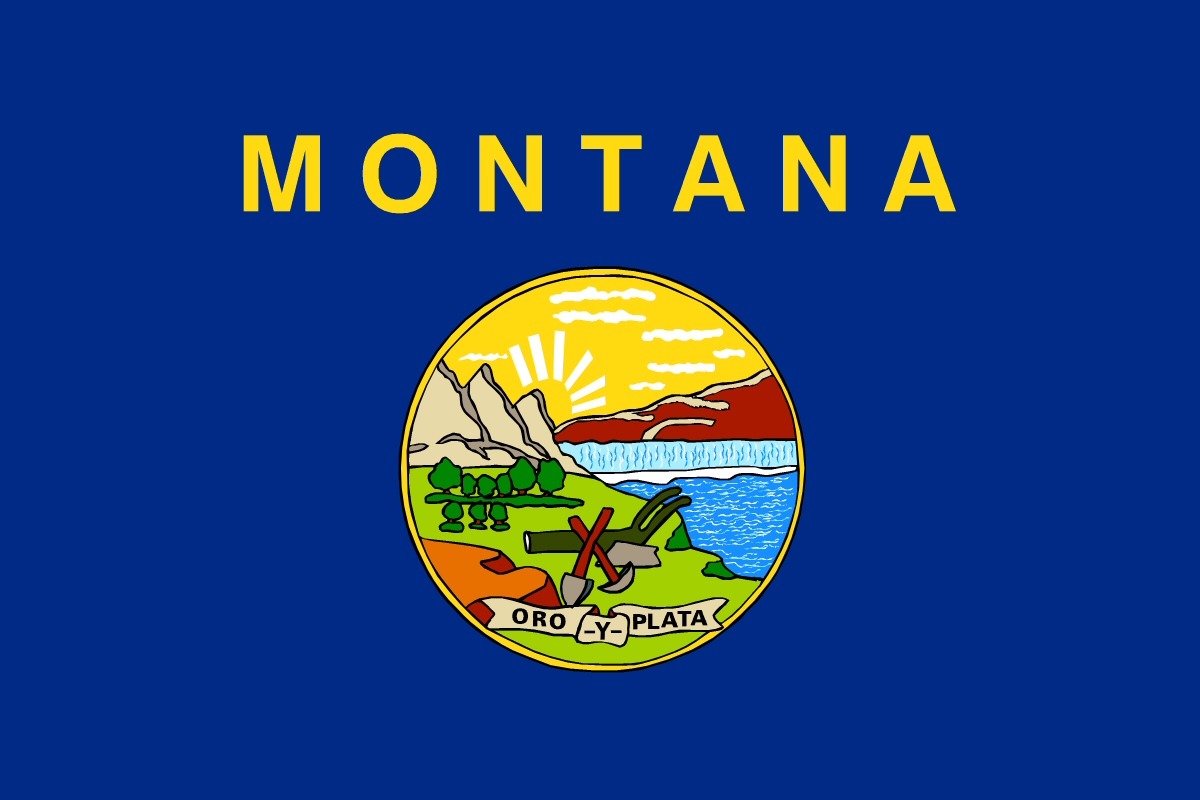
Overview of Montana Short-Term Rental Regulations
Information is maintained by the community to provide helpful insights and links to local regulations, HostScouts does not provide legal or investment advice.
With stunning scenery and year-round recreational opportunities, Montana attracts visitors from across the globe. Many choose short-term rentals over hotels for added space and amenities when traveling to destinations like Glacier National Park, Yellowstone, Flathead Lake, and Whitefish. For property owners, listing cabins, condos, or spare rooms on sites like Airbnb and Vrbo can provide attractive income amid this high tourism demand. However, hosts must navigate a complex mix of state statutes, local ordinances, zoning codes, and more to run a lawful and successful short-term rental in Big Sky Country. This comprehensive guide provides property owners with the insights needed to comply with licensing, taxes, safety standards, insurance rules, and other requirements across Montana.
Defining Short-term Rentals in Montana
With limited statewide statutes, local governments in Montana take varied approaches to defining and regulating short-term rental properties. However, some common themes emerge for hosts to understand.
What Qualifies as a Short-term Rental in Montana?
While specific thresholds vary, most Montana jurisdictions define short-term rentals as housing units rented out for less than 30 consecutive days. This covers typical vacation home rentals through sites like Airbnb, Vrbo, and Vacasa.
Short-term Rental vs. Long Term Leases
Rentals of 30 days or more are usually treated as long-term residential leases, with different rules and landlord-tenant laws applying. Rentals under 30 days are considered short-term lodging and are subject to commercial activity regulations in most areas.
Common Short-term Rental Terminology
Listings may be described as vacation rentals, short-term lets, Airbnbs, homestays, guest houses, or other terms. But the under-30-day duration classifies them as short-term rentals across Montana.
Starting a Short-term Rental Business in Montana
Launching a new short-term rental venture in Big Sky Country involves research, planning, licensing, and coordination across various state and local requirements. Here are key steps hosts take to get established:
Evaluating Local Zoning and HOAs
As a preliminary step, ensure short-term rentals align with zoning codes for the property's specific neighborhood and comply with any HOA covenants before listing. Some areas prohibit vacation rentals.
Applying for a State Public Accommodation License
Montana requires all short-term rental hosts to obtain an annual public accommodation license through the Department of Public Health and Human Services. Applications include a property inspection.
Researching Additional Local Licensing
Cities like Whitefish and counties like Gallatin require hosts to obtain local short-term rental licenses on top of state licensing. Research all relevant regulations.
Calculating Budgets and ROI
Factor in costs like licensing, insurance, taxes, cleaning, furnishings, and utilities as you build financial projections and evaluate the return on investment for your rental.
Setting Nightly Rates and Listing Your Property
Consider rates charged for comparable rentals in your area, demand trends, and your target profit margins as you set competitive nightly prices and list your property.
Montana's State-Level Short-term Rental Rules
In addition to public health licensing, the Montana state government also provides oversight of taxation for short-term rental hosts.
Montana Department of Revenue Tax Authority
The MT Dept. of Revenue registers hosts for state taxes and ensures compliance. Taxes help fund tourism promotion and infrastructure.
State Sales Tax on Short-term Rentals
Montana charges a 4% Lodging Facility Use Tax on all hotel and short-term lodging rental fees for stays under 30 days. Hosts must collect and remit the 4% tax.
State Sales Tax on Short-term Rentals
A 4% Lodging Sales Tax also applies to short-term rental transactions in Montana. Hosts are responsible for collecting and remitting this additional 4% tax to the state.
Local Resort Taxes
Some municipalities like Whitefish charge an additional local Resort Tax on short-term lodging. Hosts should confirm if any local taxes apply in their jurisdiction.
Safety Regulations for Montana Short-term Rentals
Short-term rentals listed in Montana must comply with regulations covering facilities, sanitation, fire safety, and more to protect guest health and safety.
State Standards for Water and Wastewater
Rentals must provide guests with potable drinking water that is tested clean. Adequate and compliant wastewater disposal via sewer or septic is also mandatory.
Food Safety Regulations
If providing food, hosts must follow standards on proper food storage, preparation surfaces, refrigerator temperature, and sanitation to avoid contamination.
Swimming Pool, Spa, and Hot Tub Rules
Rentals with pools, spas, or hot tubs must comply with special safety standards for barriers, lighting, ventilation, signage, and more under state law.
Fire Safety and Preparedness
Detectors, extinguishers, escape routes, flammable storage rules, address markings, and emergency access are regulated. Many areas prohibit portable outdoor fire pits at vacation rentals.
Maximum Occupancy Limits
Most jurisdictions restrict maximum guest occupancy for short-term rentals based on factors like bedrooms, home size, parking, and septic capacity.
Inspections and Oversight for Montana STRs
Montana short-term rentals undergo review, licensing, and routine inspections to confirm regulatory compliance.
State Inspections for Public Health Licensing
The initial and annual state public health inspections evaluate water, wastewater, structures, cleanliness, safety, and compliance with accommodation facility standards.
Local Licensing Inspections
If required locally, complete inspections related to building codes, fire safety, zoning, parking, and other ordinances when applying for municipal short-term rental licenses.
Ongoing Compliance Monitoring
Most jurisdictions follow up on neighbors' complaints regarding noise, parking, and trash to ensure hosts manage rentals responsibly and guests respect neighbors.
Revoking of Licenses for Violations
Montana and localities can revoke short-term rental licenses for infractions until hosts remedy identified health, safety, tax, or nuisance issues. Lost revenue provides a strong compliance incentive.
Fines and Penalties
Fines for violations range from $200 to $500+ depending on severity and frequency of occurrences. Tax fraud or operating without a license can trigger larger penalties.
Taxes, Reporting, and Remittance for Montana STRs
In addition to nightly rental fees, hosts must keep records and pay required taxes that support state and local government services.
Reporting Requirements
Hosts must provide recurring reports on bookings, rental rates charged, taxes collected, number of nights occupied, and taxes remitted to state and local authorities.
Collecting and Remitting Taxes
Hosts are responsible for collecting required Montana state taxes (8%) plus any applicable local taxes from guests and submitting these tax payments on schedule.
Rental Income Taxes
Gross rental revenue is subject to federal income taxes as well as Montana state income taxes. Hosts must report earnings accurately and make tax payments.
Penalties for Late Payment or Underpayment
Missed deadlines, underpayment of taxes due, or non-compliance can trigger penalties of up to 25% plus interest charges and fines from the Montana Department of Revenue.
Tax Evasion Consequences
More egregious offenses like purposeful failure to register or remit taxes may be prosecuted as tax evasion, with penalties up to $50,000 and 5 years imprisonment.
Insurance Requirements for Montana Short-term Rentals
Insurance coverage is an important but often overlooked consideration when starting a Montana short-term rental business. Here are key factors hosts should evaluate:
Reviewing Existing Homeowner's Insurance
Most standard homeowner's insurance policies exclude commercial activities like short-term rentals. Hosts should carefully review coverage.
Short-term Rental-Specific Policies
Specialized short-term rental insurance provides vital liability coverage, property damage protection, loss of income coverage, and more. Standard policies typically won't suffice.
Researching Local Insurance Requirements
Some Montana municipalities require hosts to carry commercial liability insurance up to certain limits in order to obtain a short-term rental license. Check specific regulations.
Navigating Montana's complex web of hyper-local regulations is challenging but crucial for short-term rental success. Do diligent research before listing your property, and adequately insure your business. While compliance takes effort, it allows your Montana STR to operate smoothly and profitably for years to come. Consider this guide a starting point as you grow your hosting venture.
Montana Airbnb Regulations by City
Information is maintained by the community to provide helpful insights and links to local regulations, HostScouts does not provide legal or investment advice.


